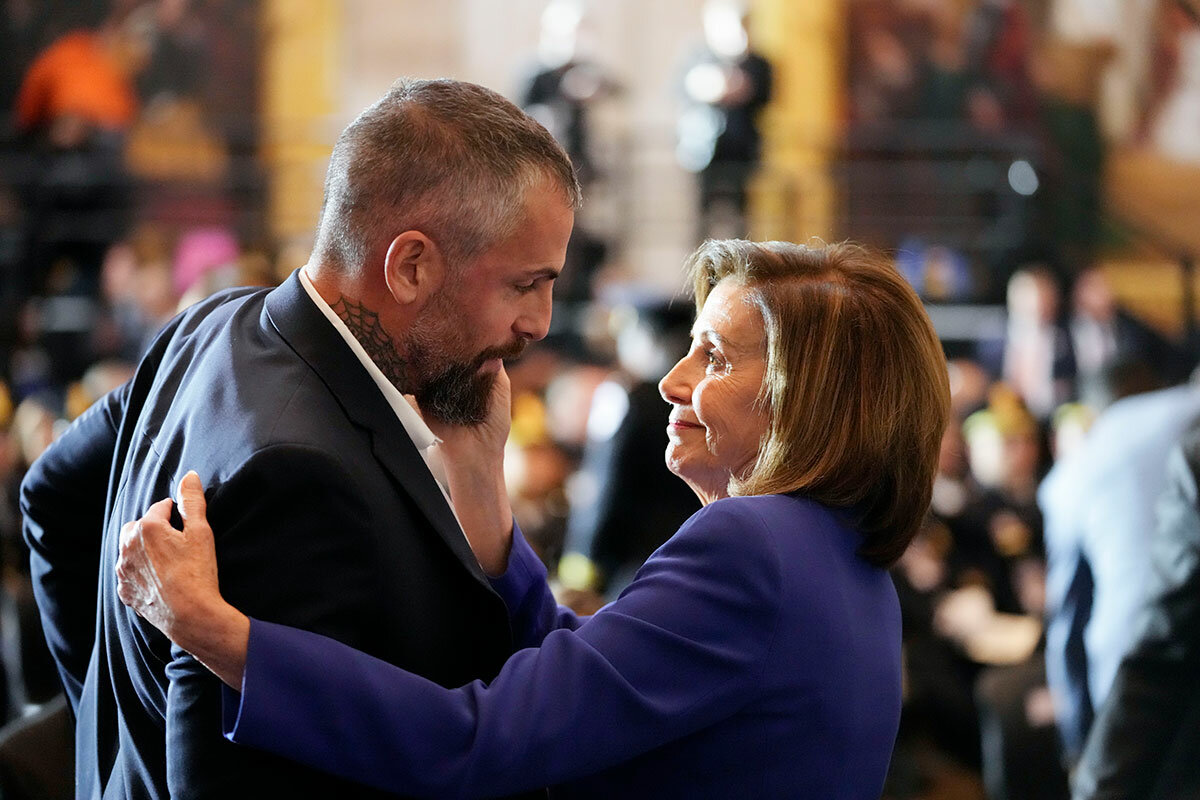A tool that’s helped China keep COVID-19 outbreaks under control has also opened the door to unprecedented levels of surveillance. Will Chinese be freed from their digital health codes once the country ends its strict “zero-COVID” policies?
Monitor Daily Podcast
- Follow us:
- Apple Podcasts
- Spotify
- RSS Feed
- Download
 Laurent Belsie
Laurent Belsie
For makers of war and dark fantasy games, a rare moment of peace has broken out for some of the game creators themselves. Microsoft is allowing employees at its ZeniMax Online unit to decide for themselves whether to unionize. Voting started on Friday and will last a month.
In theory, companies are not supposed to interfere with union votes. But corporate America’s playbook for the past half-century has been to do everything possible to keep unions out. Many tech giants of today – such as Amazon and Apple – continue to follow that anti-union script.
Microsoft is taking a different tack. The company, which makes a leading video game console, the Xbox, has offered to buy software developer Activision Blizzard, which would make Microsoft the world’s No. 3 video game company. Several government agencies are scrutinizing the $69 billion blockbuster deal, including the Federal Trade Commission in the United States.
Faced with possible FTC opposition, Microsoft in June struck a deal with the Communications Workers of America that it would not interfere with either the current union vote by almost 300 ZeniMax quality-assurance employees or, if the acquisition goes through, a union vote at Activision. That stance has won rare praise for management from the CWA, which now supports the Activision deal. “We applaud Microsoft for remaining neutral through this process and letting workers decide for themselves whether they want a union,” its president, Christopher Shelton, said in a statement today.
Creating game software isn’t always the fun, adventurous job you’d expect. It’s often grueling work and many companies expect their employees to “crunch” – work long hours for long stretches – to get the job done. Now, at least some of those employees will have the opportunity – and peaceful labor-management space – to decide if unionization will solve their woes.










